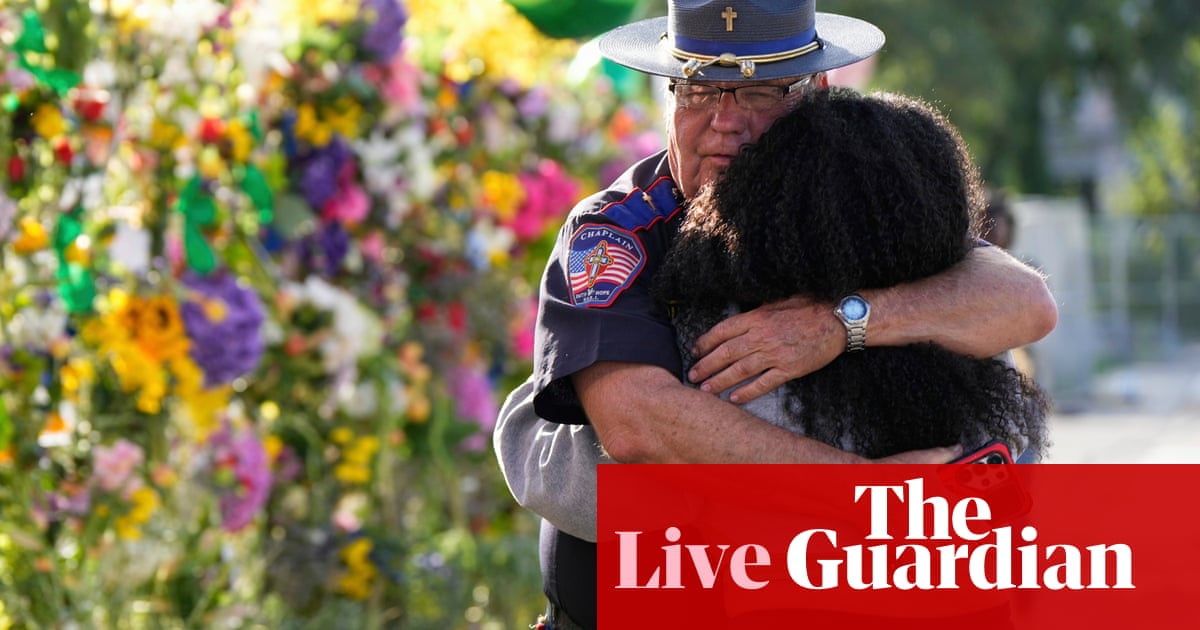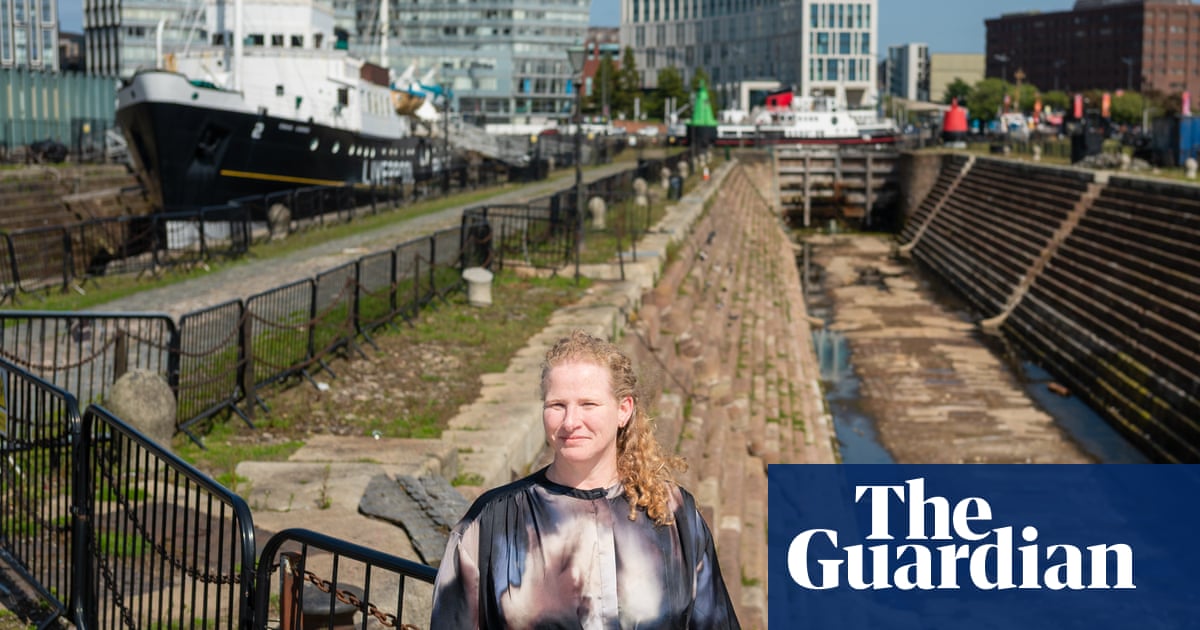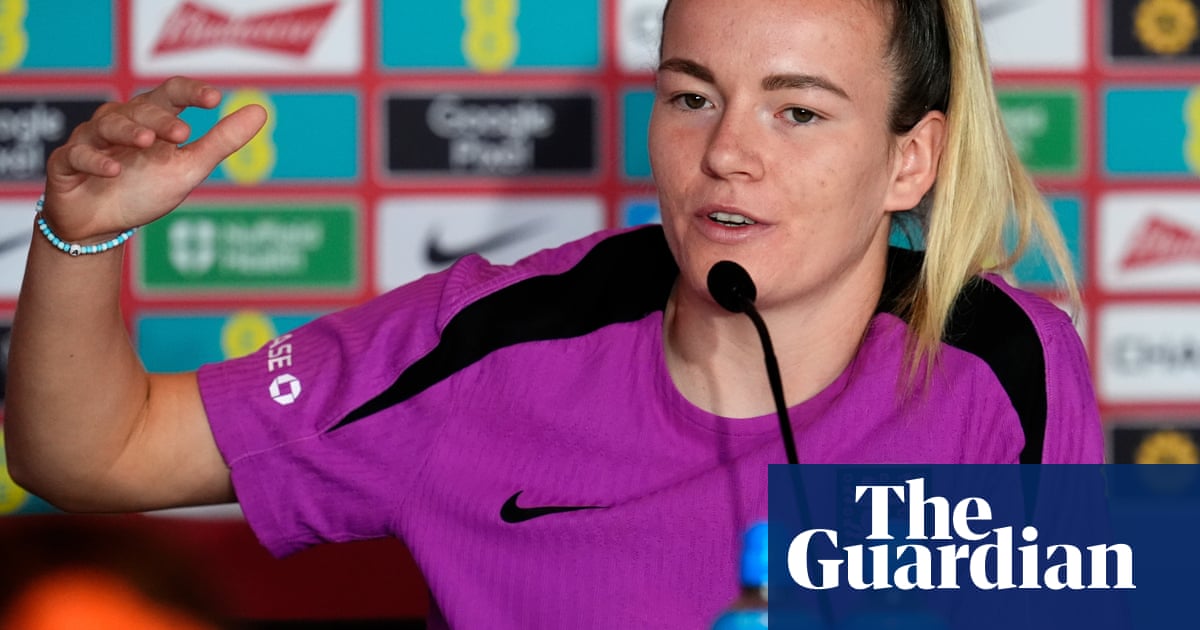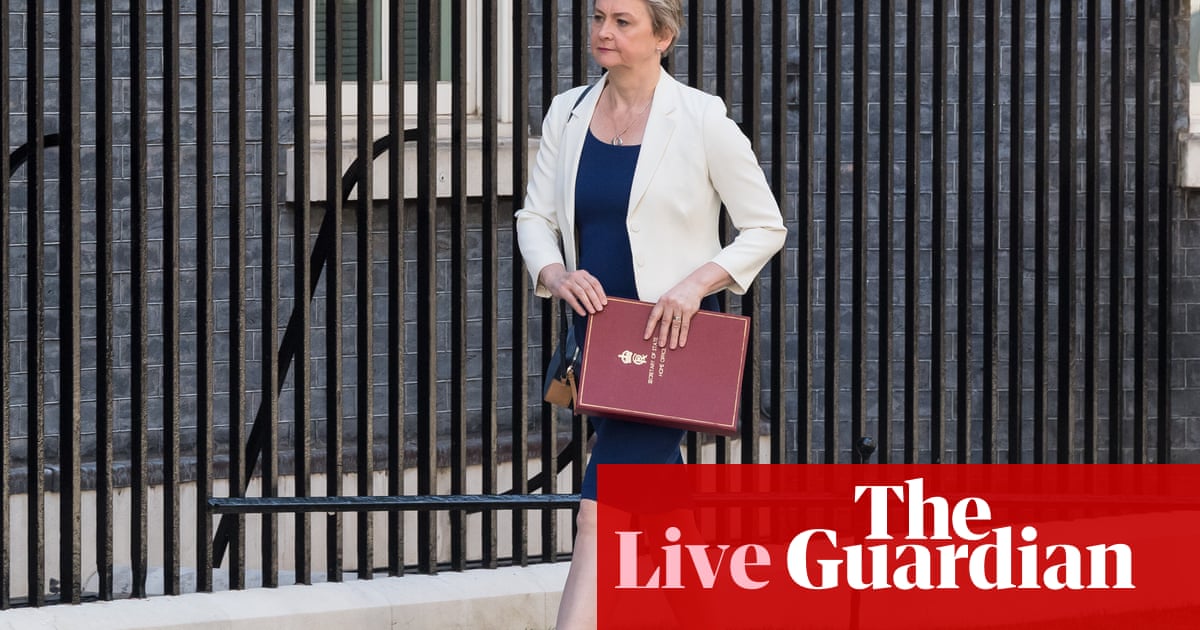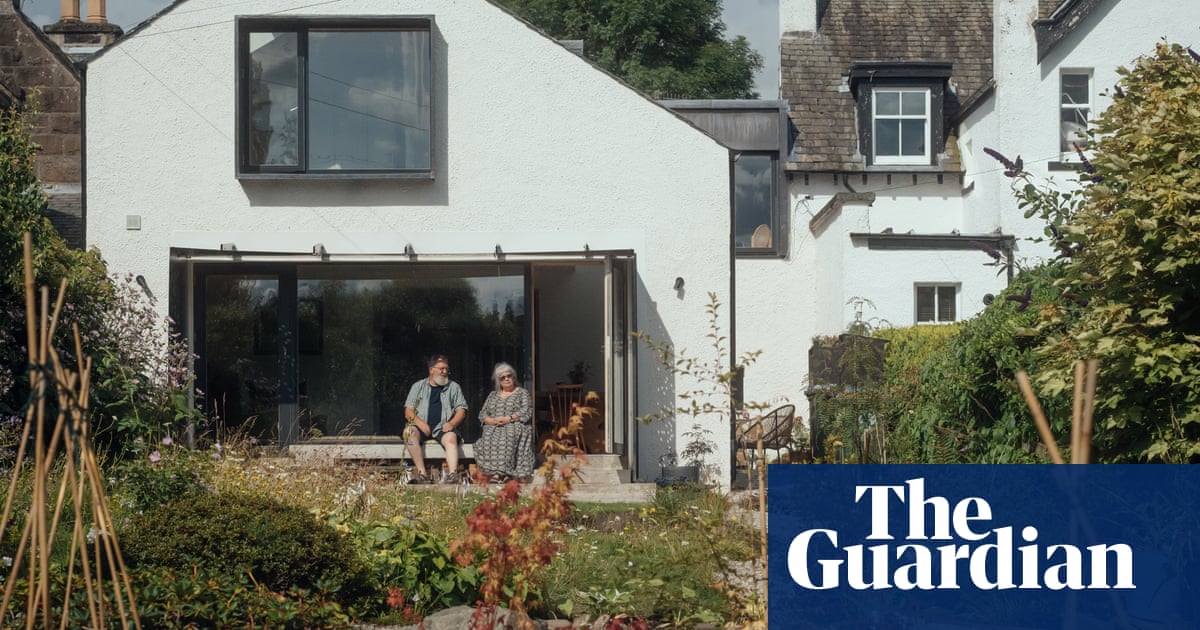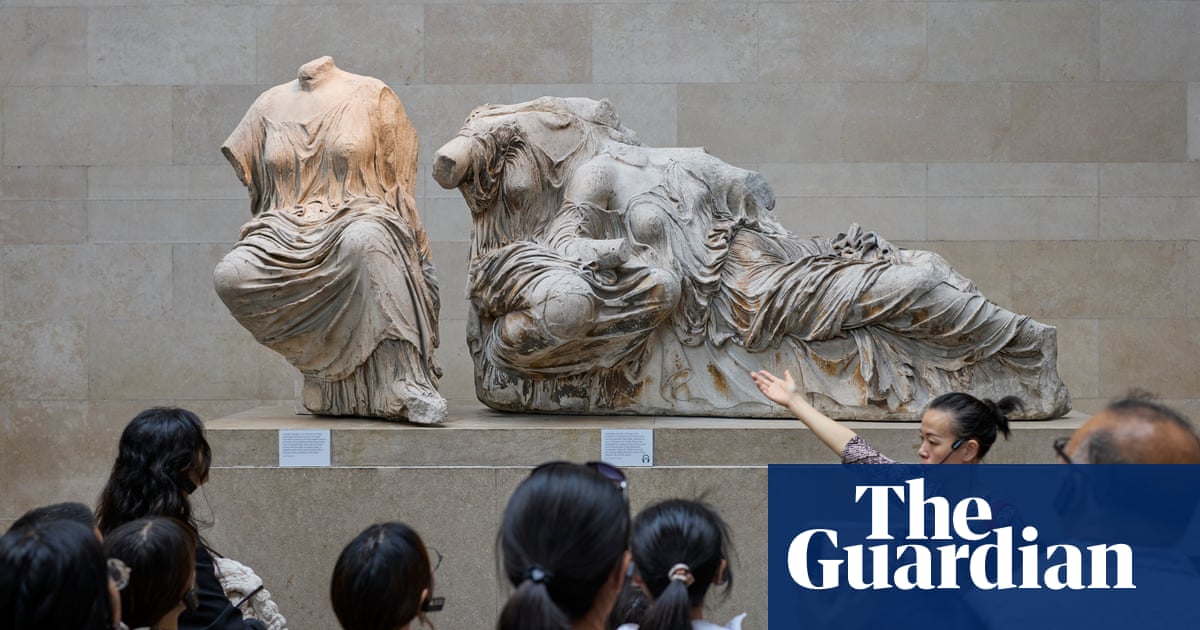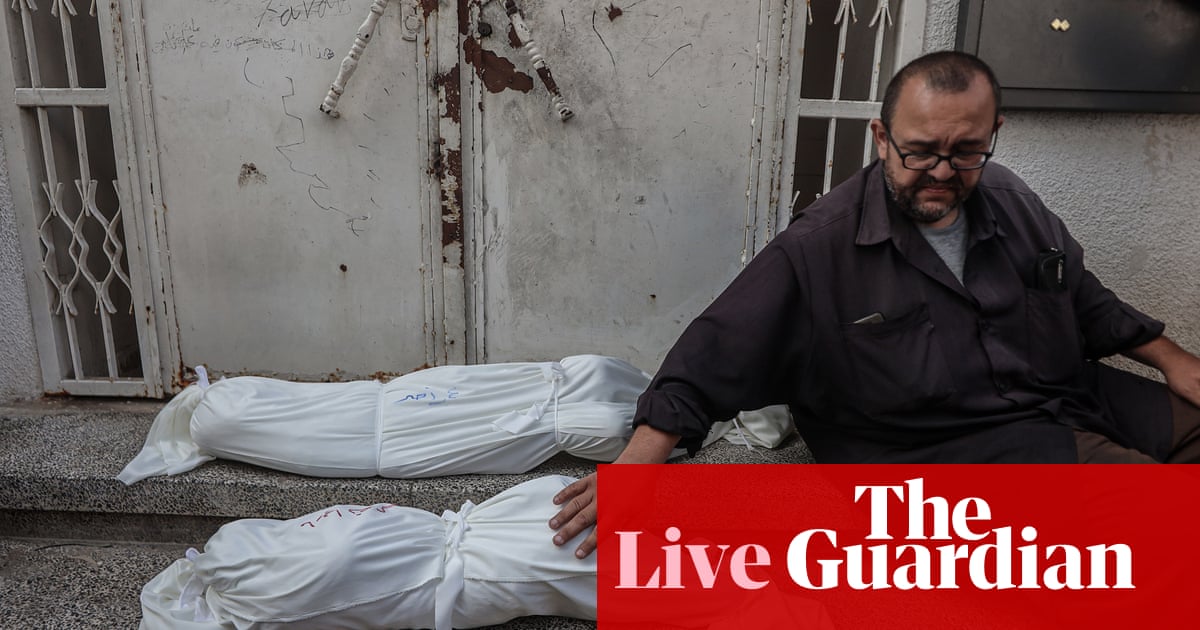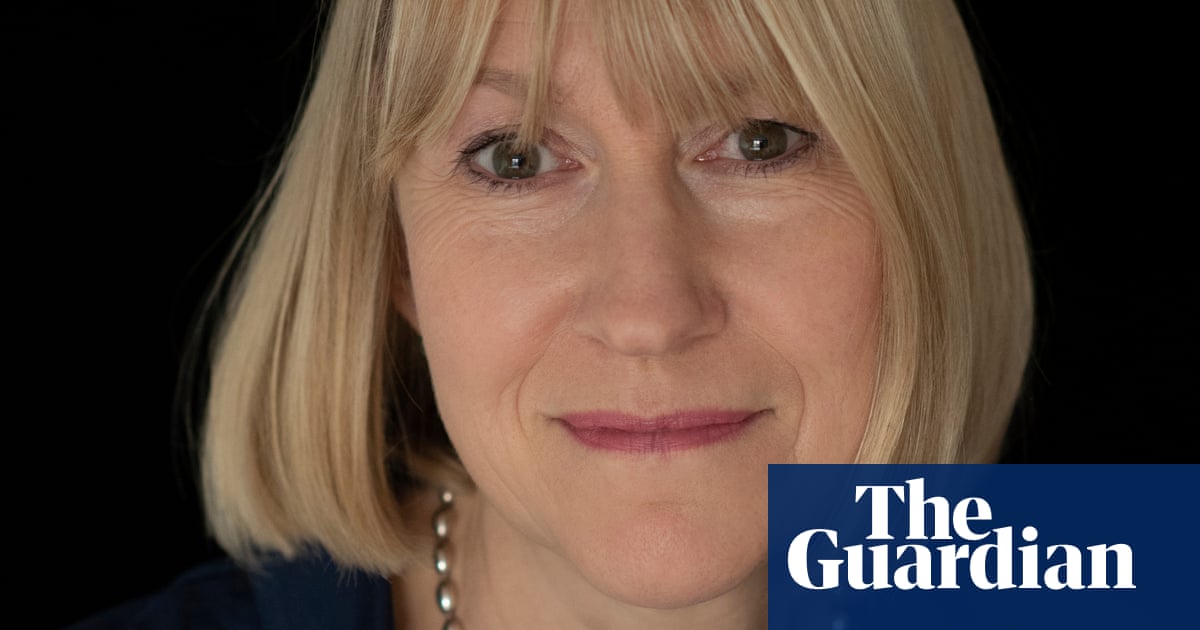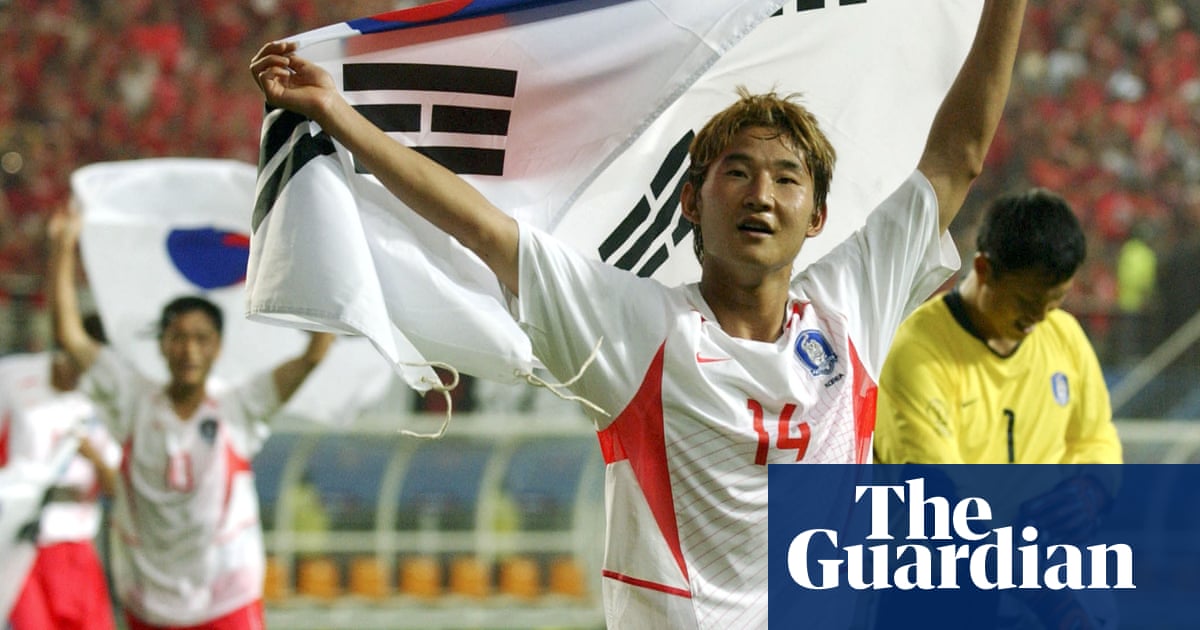Advocates for sexual, reproductive and LGBTQ+ rights in Africa are bracing themselves for an influx of some of the most powerful, ultra-conservative campaigners from the US, Poland, Switzerland and the Netherlands over the coming months.
The prominent campaigners, who all oppose abortion, transgender and LGBTQ+ rights, and are against sexuality education, are due to speak at a series of conferences focused on African “family values” and “national sovereignty”.
Austin Ruse, a former Breitbart columnist and president of the Center for Family and Human Rights (C-Fam); Bettina Roska, a legal officer based in Geneva at the US conservative Christian advocacy group Alliance Defending Freedom (ADF); and the Dutch founder of Christian Council International, Henk Jan van Schothorst, are among the most notable figures in the global anti-rights movement scheduled to address the Pan-African Conference on Family Values in Nairobi on 12-17 May.
Also appearing will be MPs from Uganda and Malawi, Kenyan lawyers and the Africa campaigns director for CitizenGO, Ann Kioko, who calls herself “the most feared” anti-abortion activist in Africa on X.
C-Fam and ADF are designated as hate groups by the US monitoring group Southern Poverty Law Center, as is Family Watch International, another backer.
Hosted by the Africa Christian Professionals Forum, with a focus on “promoting and protecting the sanctity of life, family values and religious freedom”, the Nairobi event has sent chills through activists and health workers in Kenya and beyond, who fear their work will become much more difficult at a time when the second Trump term has supercharged a “freefall” of rights globally.
Nelly Munyasia, director of Reproductive Health Network Kenya (RHNK), says there is nothing African about the agenda being pushed under the guise of family values. “They claim it is African, and yet it’s not African. Africa values are pegged on love and living together as a community.
“They are perpetrators of hate,” she says, with their anti-abortion stance “predisposing women to death”.

As a result of her advocacy work and efforts to improve access to health information and services, Munyasia has been attacked online and called a “murderer” and a “killer”, accused of “leading young people to hell” by anti-abortion groups.
Okwara Masafu, a human rights lawyer at Kenya’s National Gay & Lesbian Human Rights Commission , fears the conference will catapult Kenya’s family protection bill through parliament.
The 2023 bill proposes harsh anti-LGBTQ+ laws including life imprisonment for homosexuality, and a number of bans targeted at the LGBTQ+ community including public displays of “amorous relations”, cross-dressing and protests.
“This conference is going to solidify the push-through of the family protection bill,” she says. “We can’t overstate the harm it will do.”
The Pan-African Conference on Family Values is one of four significant gatherings taking place in Africa over the next four months.
This weekend, Uganda will host the third Interparliamentary Forum on Family, Sovereignty and Values. It is reportedly being sponsored, as it was last year, by Children’s Health Defense, an anti-vaccination advocacy organisation founded by the US secretary of health, Robert F Kennedy Jr.
The first Interparliamentary Forum was attended by Sharon Slater, founder of Family Watch International (FWI), another organisation accused of spreading hate and homophobia, and the Ugandan president, Yoweri Museveni, who signed the draconian Anti-Homosexuality Act weeks later in May 2023.
According to a CNN investigation, FWI even helped shape the legislation, which is one of the world’s harshest anti-LGBTQ+ laws with penalties including life in prison or the death penalty in some cases. The group denies that it was involved in lobbying for this law.
Kenya’s family protection bill, which aims to outlaw same-sex relationships, LGBTQ+ activities, public cross-dressing and related advocacy campaigns, was submitted by the opposition MP Peter Kaluma shortly after he attended the 2023 conference in Uganda, suggesting that such gatherings not only “stunt and reverse rights but also allow for sharing tactics and resources”, according to Joy Asasira, a reproductive and gender justice campaigner in east Africa.
In June, the Mormons, or Church of Jesus Christ of Latter-day Saints, will host a conference entitled Strengthening Families in Sierra Leone’s capital, Freetown, with Mormon leaders taking key roles alongside the country’s first lady, Fatima Maada Bio, and Ivory Coast’s minister of family, women and children, Nasseneba Touré Diané.
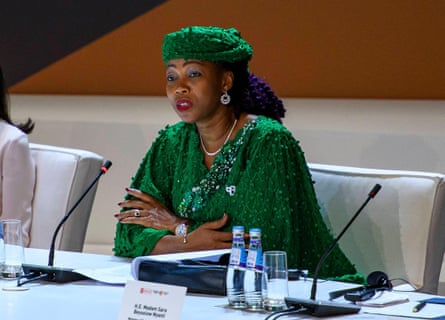
The presence of the first lady is “disturbing”, says Ramatu Bangura, co-chief executive at Purposeful, a feminist hub for girls’ activism in Sierra Leone, because Fatima Bio has, in the past, championed the rights of girls and women.
Bangura is concerned that the Strengthening Families conference will affect the passing of a landmark bill that could overturn the country’s British colonial-era abortion ban, legalising a termination at up to 14 weeks for any reason and at any stage under certain conditions.
Previous attempts at decriminalising abortion in Sierra Leone have failed because of lobbying from religious and anti-abortion groups.
Although Bangura believes Sierra Leone’s president, Julius Maada Bio, supports reproductive rights, she describes the pressure from these groups as “intensive”.
“Anti-abortion groups have raised their profile, and are much more adept and astute at their efforts. They’ve seen successes in places like Uganda and Ghana, so they feel emboldened,” says Bangura. She suspects the delay to the bill, which is going through parliament, is due to the conference, which will act as a “rallying point” for the anti-rights movement.
after newsletter promotion
In August, Advocates Africa, a network of Christian lawyers and law students, is hosting a conference in the Rwandan capital, Kigali, with backing from ADF.
ADF’s application for observer status at the African Commission on Human and Peoples’ Rights in 2023 was rejected, but Saoyo Tabitha Griffith, a Kenyan lawyer and activist at a gender rights organisation, says it was a clear example of western actors trying to increase their influence on the continent, as a means to “weaponise morality and other issues like ‘family’ and ‘African’ values to trigger massive legal reforms”.
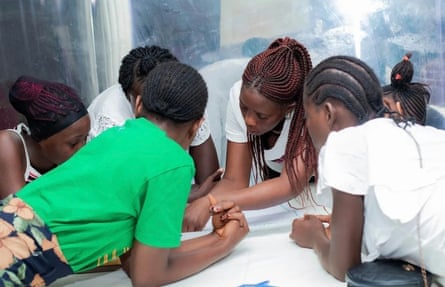
“This is not just an attempt to infiltrate these bodies to export their hateful agenda; it is also intended to give them more credibility within the African continental context,” says Griffith.
These conferences are not new, but observers say the support they are getting from leading figures in the global anti-rights movement is a significant development.
“This is the first time in the history of our tracking that we are seeing new faces [at these conferences] such as La Manif pour tous [a French anti-transgender and anti LGBTQ+ group], Ordo luris [a ultra-conservative Polish Catholic group] and Political Network for Values [a global far-right network that rejects abortion and equal marriage] openly advertising themselves as sponsors and speakers at an African conference,” says Griffith.
At one point the US secretary of state, Marco Rubio, was rumoured to be attending the Nairobi conference in a move, activists believe, that was calculated to give credibility and weight to the event.
“[These conferences are] an opportunity for back-channel advocacy,” says Sarah Shaw, associate director of advocacy at MSI Reproductive Choices, an organisation that provides safe abortion services around the world.
“All it takes is an invitation letter to go out and they can list Rubio as a speaker tbc, and if they are lucky it will get kicked down the chain. It is a tactic, but one that would not have been possible before Trump’s second term. It sends a very clear message to other governments in the region that this is now the mainstream.”
All four conferences are framed around family values, protecting religious rights and national sovereignty. “It’s only when you start digging and you look at the narrative surrounding them,” says Shaw. “It’s family, but it’s a very heteronormative version of the family.”
Activists across the region are mobilising to counter the idea that African cultural values are under threat, as suggested by the anti-rights movement, and expose it for what it is: an attempt to maintain colonial-era laws that, in Bangura’s words, “were never in the interest of our people in our communities”.
Munyasia says: “Debunking their disinformation and providing the right information for everyone is essential.”
The Women’s Probono Initiative, a legal and advocacy organisation for women and girls in Uganda, has issued a statement expressing its alarm at the conferences in Uganda and Kenya, and warning that “family protection” policies are a smokescreen for oppressing women.
“While we welcome critical discussions around strengthening families … we recognise from prior similar ‘family conferences’’ that what they seek to do is strip women of their basic human rights and dignity and reinforce the dominance of men within our society using family values as a vehicle,” it says.
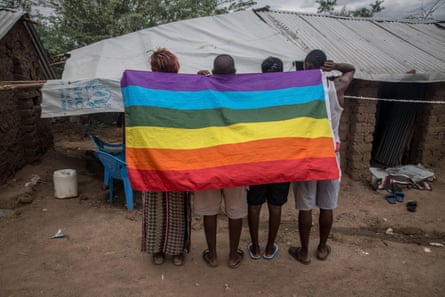
Munyasia’s organisation is among the signatories of a petition criticising the venue for hosting the Pan-African Conference on Family Values. Boma hotel is co-owned by Red Cross Kenya, and is “complicit in enabling this harmful gathering”, it says. The Guardian has approached Red Cross Kenya for comment, but has yet to receive a response.
Purposeful has been collaborating with women’s rights activists and organisations across Africa to strategise and learn from one another. On 25 May it will co-publish a report, Until Everybody Is Free, aimed at African feminists and young activists with information on networks, strategies and funding of organised opposition to rights and gender justice on the continent.
“We’re ready for a battle; we’re ready to fight, and we understand what the stakes are,” says Bangura. “These forces that are coming into our country from outside are designed to take us back to a colonial era that we’re not interested in going back to.”

 2 months ago
37
2 months ago
37
